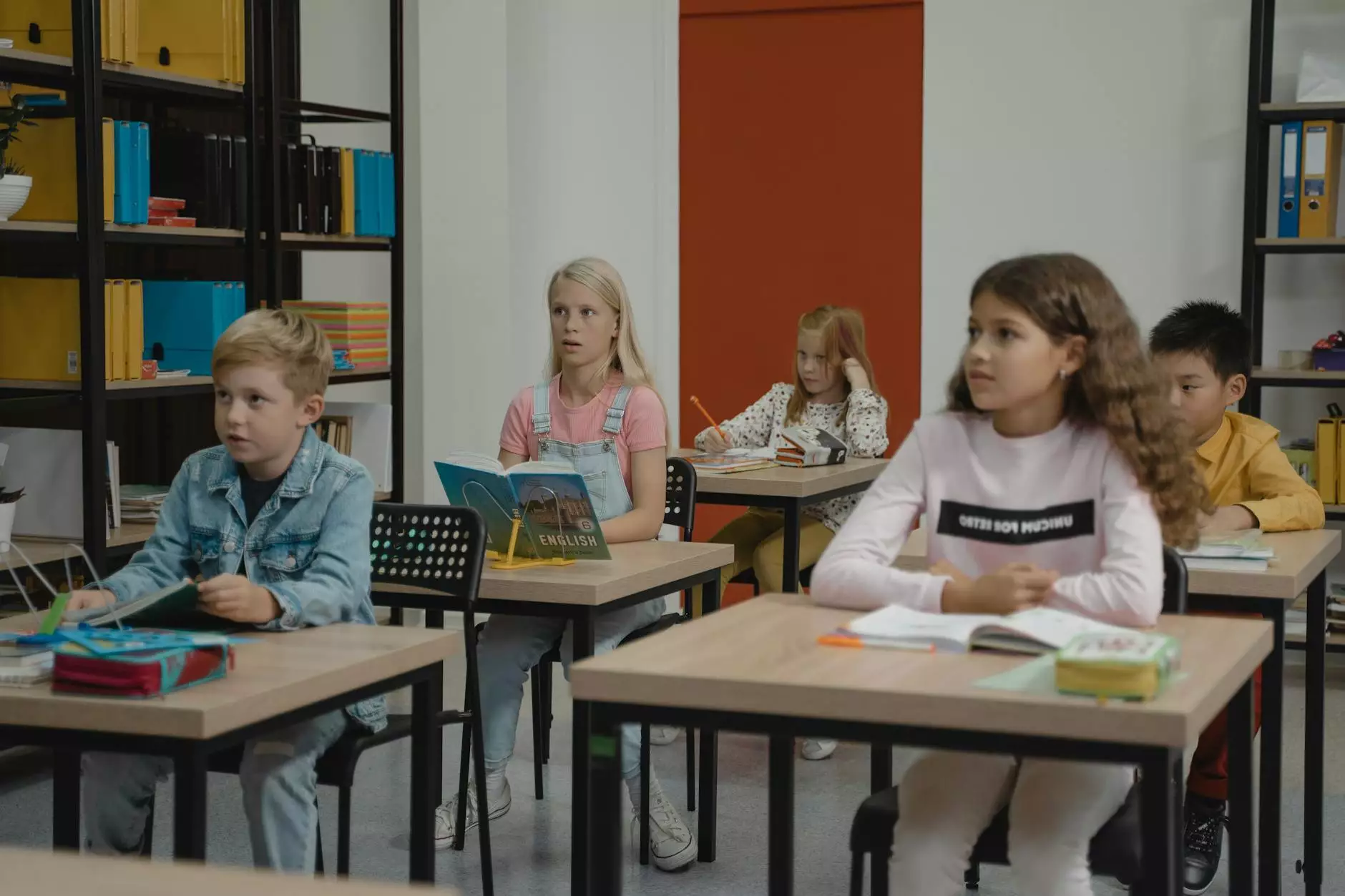The Importance of Game Localization Testing for Business Success

In an increasingly globalized world, the demand for game localization testing has never been more paramount, especially for businesses involved in creative domains such as art galleries, graphic design, and 3D printing. Localization transcends mere translation; it involves adopting a holistic approach that encompasses cultural nuances, technical specifications, and user experience.
Understanding Game Localization Testing
Game localization testing is a specialized process that ensures video games are accurately adapted to suit the language, cultural context, and play styles of different regions. This process eliminates barriers and makes games accessible and enjoyable for players worldwide.
Why is Game Localization Testing Important?
Implementing effective localization testing is crucial for several reasons:
- Enhances Player Experience: Tailored content that resonates with local audiences significantly improves their gaming experience.
- Boosts Market Reach: Localized games can tap into new markets, ultimately driving sales and revenue.
- Maintains Cultural Integrity: Localization testing addresses cultural sensitivities, ensuring that content is appropriate and respectful, thereby preventing potential backlash.
- Improves User Engagement: Players are more likely to remain engaged with content that reflects their own language and culture.
Game Localization Testing in Artistic Domains
Art Galleries: Bridging Cultures Through Gaming
Art galleries are starting to recognize the potential of video games as an artistic medium. By investing in game localization testing, galleries can showcase digital art forms that resonate with diverse global audiences. This not only promotes inclusivity but also enriches the cultural dialogue.
Graphic Design: A New Frontier
The graphic design industry is vital in the localization process, responsible for adapting visual elements that appeal to local tastes. Attention to detail in graphics, fonts, and colors can significantly affect the perception of a game. Localization testing ensures that graphic elements maintain their effectiveness across different cultures.
3D Printing Meets Game Localization
With the rise of 3D printing technology, there's an increasing overlap between gaming and 3D design. Games that incorporate 3D-assets must be localized for not only language but also for physical design elements. Game localization testing can help ensure that 3D models are culturally relevant and technically sound for various markets.
The Localization Testing Process
The process of game localization testing involves several key steps:
1. Translation and Transcreation
Translate the game text and adapt it to fit the cultural context through transcreation, ensuring it resonates with the target audience.
2. Functional Testing
Verify that the localized text fits within the user interface (UI) without issues, ensuring that no elements break due to changed text lengths.
3. Linguistic Testing
Conduct linguistic checks to ensure accuracy of translations and correct use of local idioms, slang, and cultural references.
4. Compatibility Testing
Test the game on various platforms to ensure consistent functionality and appearance, regardless of regional settings.
5. Cultural Sensitivity Review
Evaluate the game content for cultural appropriateness, avoiding anything that could be misinterpreted or offensive in the target market.
6. Playtesting
Engage native speakers to assess the overall experience and gather feedback on the localized version.
Benefits of Partnering with Experts for Localization Testing
Teaming up with professionals who specialize in game localization testing can provide various advantages:
- Expert Knowledge: Professionals understand the intricacies of different cultures and how they interact with gaming conventions.
- Quality Assurance: Experts apply industry standards to ensure a seamless experience, ultimately enhancing brand reputation.
- Cost Efficiency: While it may seem like an upfront investment, effective localization leads to higher customer satisfaction, resulting in increased revenue.
Case Studies: Successful Game Localization
Case Study 1: An Indie Game's Global Journey
A popular indie game developed in the USA saw its player base grow exponentially after undergoing localization testing. The developers invested in localizing the game for multiple languages and cultural contexts. As a result, they experienced a 200% increase in sales in regions that were previously untapped.
Case Study 2: The Expansion of a Major Franchise
A well-known franchise adapted its content to cater to Asian markets, taking cultural elements into account during the localization process. Their emphasis on accurate game localization testing paid off, as they reported strong engagement and favorable reviews in those regions.
Future Trends in Game Localization Testing
As the gaming industry continues to evolve, here are some future trends in game localization testing:
- Increased Use of AI: Artificial intelligence will play a significant role in automating parts of the localization process, allowing for faster turnaround times.
- Real-Time Localization: Future gaming experiences may include real-time localization, allowing players to switch languages seamlessly.
- Focus on Accessibility: Companies are prioritizing accessibility in games, ensuring that localization also considers players with disabilities.
Conclusion
In conclusion, the role of game localization testing in the gaming industry cannot be overstated. For businesses involved in art galleries, graphic design, and 3D printing, investing in quality localization processes fosters growth, expands reach, and enhances user engagement. As the market becomes increasingly competitive, companies that prioritize effective localization will stand out, ultimately leading to greater success.
Whether you are a small indie developer or a major franchise, embracing proper game localization testing techniques lays the groundwork for a brighter, more inclusive future in gaming.









